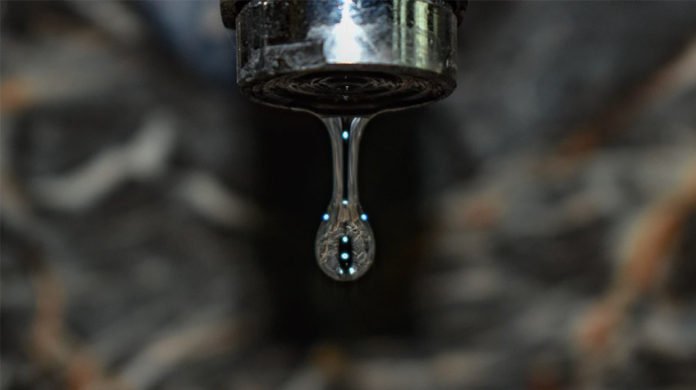Droughts have made water a scarce resource in most parts of Africa. It is, therefore, essential that governments and citizens work on water conservation strategies. Bear in mind that few houses have piped water, and people have to walk long distances to get water to use.
Most homes rely on seasonal rivers and rain for the water they use in the home. It is essential to find new ways to conserve water, and one of the best ways to do that is by using green cleaning strategies. Green cleaning ensures that only small amounts of water are used to clean large areas.
Reusing Water
One eco-friendly way to use water is to reuse wastewater in the home. People can use the water used to clean vegetables and fruits to irrigate an outdoor kitchen garden. Usually, this water is poured down the sink and lost, but by saving the water used to wash fruits and vegetables, it’s possible to save on the water used for irrigation. For people who hand wash their clothes, wastewater can be used to clean floors and verandas. Wastewater used to rinse clothes can also be used to clean bathrooms and outhouses.
Water Harvesting
Water harvesting during the rainy season is another water-wise strategy. If it rains, instead of getting water from the tap, it is wise to put out buckets to collect rainwater for cleaning the home. A standard method in most homes is buying water storage tanks, which people use to collect large amounts of water to clean during the dry season. This water can be used for cleaning and cooking, and boiled for drinking. Governments can encourage citizens to buy water tanks for water harvesting.
Plastics and Waterless Cleaning
Plastics are a major pollutant in rivers and soil in Africa. People who use water filters in the home use fewer plastics and help keep rivers and lakes, plastic-free. Using water filters will ensure that the water drunk in the home is clean. It will also protect rivers and soil from pollution, which affects the quality of water coming into the home. Households can also look for waterless cleaning methods to ensure that they save on water. Most of the time, people use a lot of water to clean a surface that only requires wiping with a non-fluffy cloth. It’s also possible to clean without relying on chemical cleaners: looking for greener alternatives will reduce exposure to harmful chemicals, as well as minimising the amount of toxic substances that end up in rivers and oceans.
Water and Poverty
It is essential to think about poverty and famine in places that have no water. There is a higher chance of famine, and most people in those areas live below the poverty line. Strategies to save water, such as building dams and storage tanks, can improve their lives. If communities have access to water, they can practise irrigation farming and send their children to school. It is not possible to send hungry children to school, especially if they are thirsty too. The presence of water will go a long way to help improve those lives.
Droughts are becoming more common in Africa, and it is essential to ensure that everyone conserves water where possible. With almost every part of the continent facing a drought, green cleaning will go a long way towards enhancing water access. Instituting water conservation projects in drought-prone areas will increase water access and improve lives.
Article submitted by: Sara Zipf




